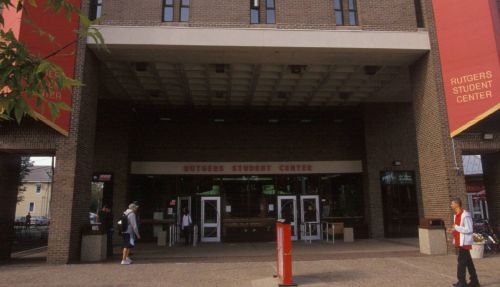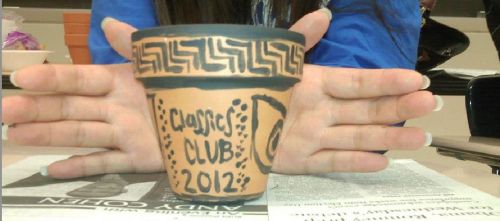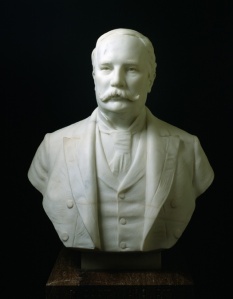It won Theodor Mommsen (1817-1903) a Nobel Prize in Literature…
In our last post, the fall 2012 Rutgers School of Arts & Sciences (SAS) undergraduate Major Fair gave occasion for us to reflect on what makes studying Classics at RU so worthwhile.
“Classics is the ‘classic’ humanities major”, explained the department’s Undergraduate Director, Professor Leah Kronenberg, in an in-depth interview. “It still has the reputation of being a hard and impressive course of study, but our students quickly learn the truth about Classics: it’s really fun!”
But what can it do for your career? There is an awful lot to say here. But for a start, a glance at some of the successful folks who have received an undergraduate Classics degree suggests that there is a planet of possibilities and really no limitations. Continue reading









